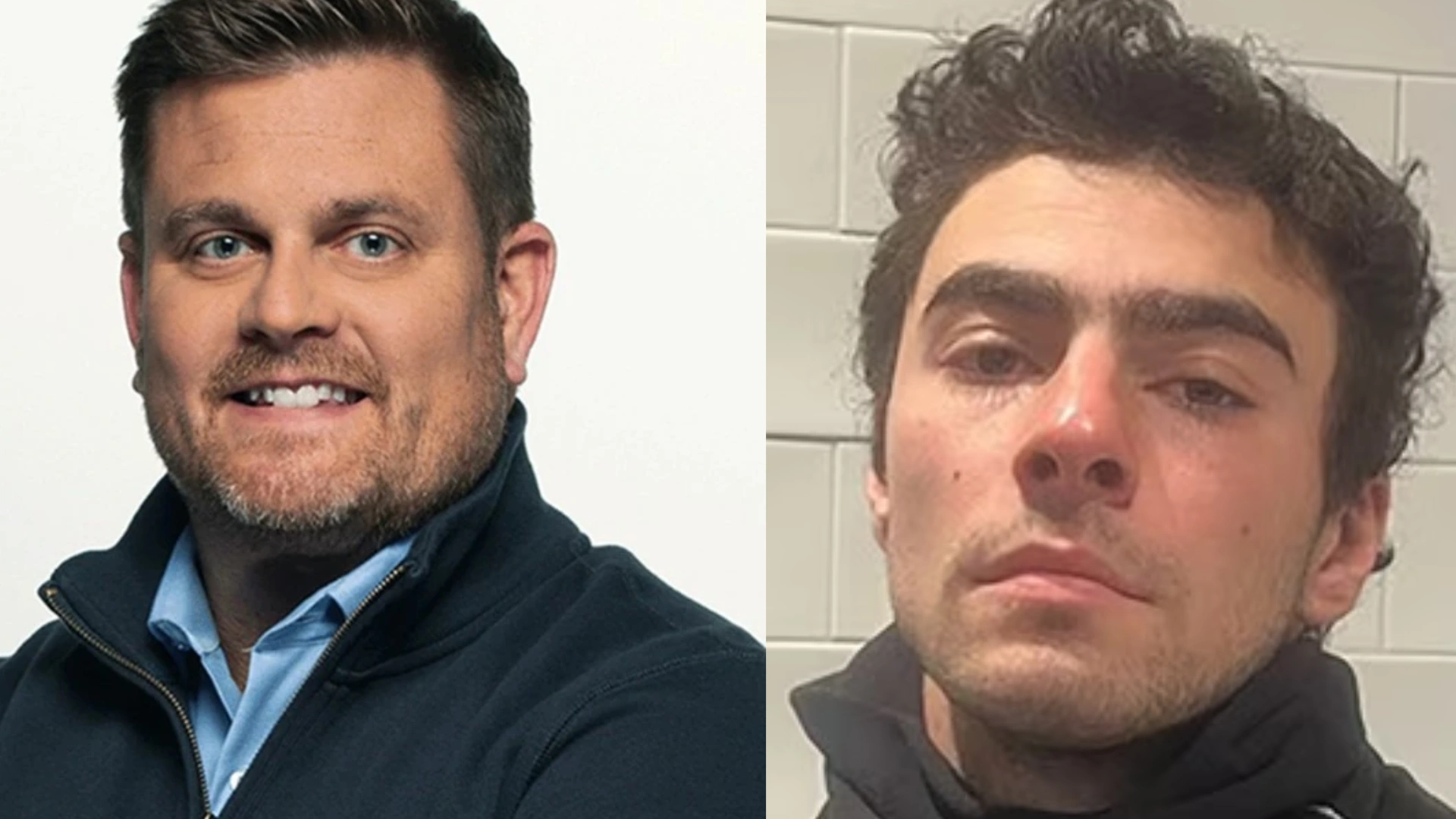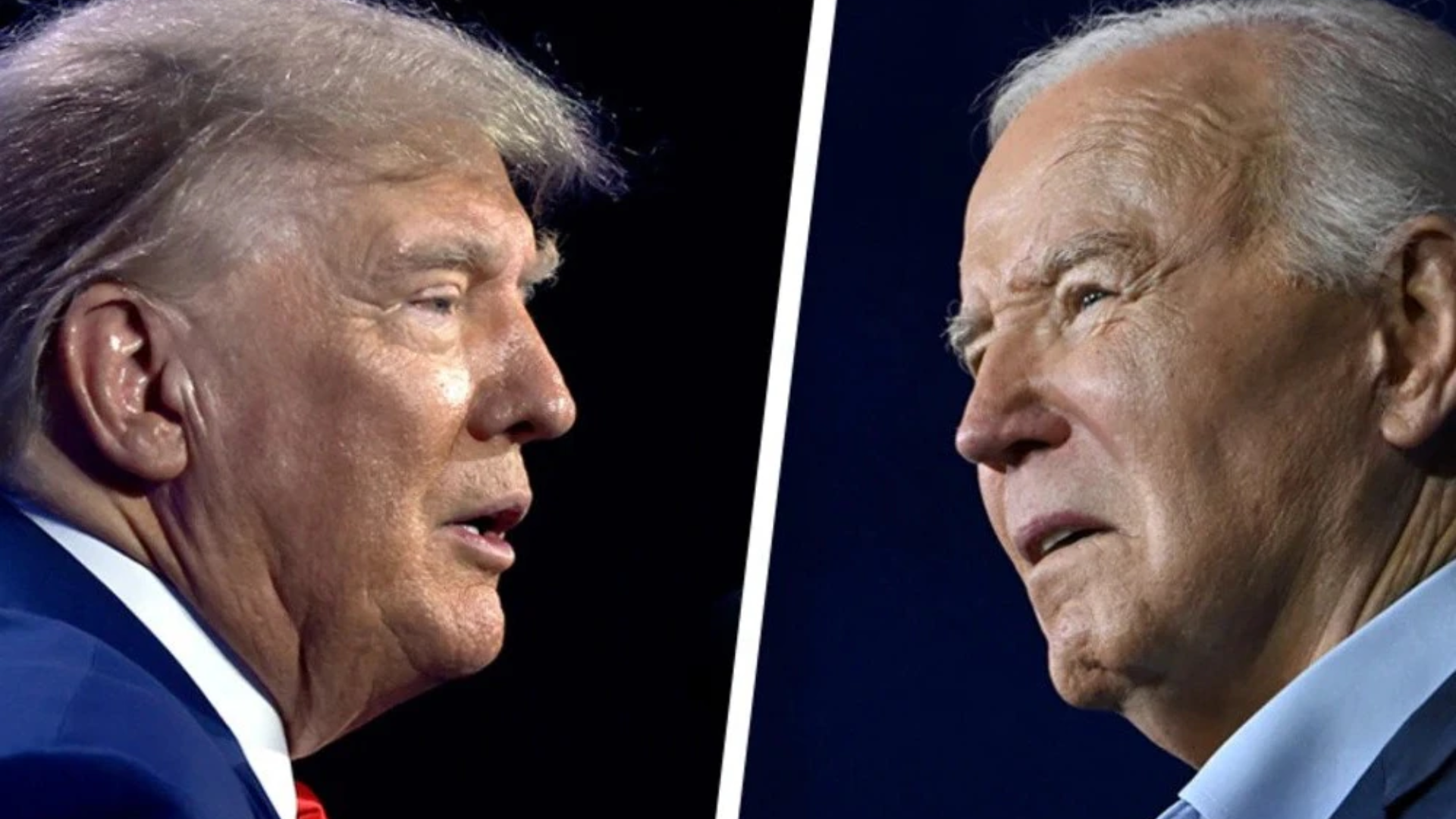The shooting of UnitedHealthcare CEO Brian Thompson in broad daylight in Midtown Manhattan has sent shockwaves in corporate America, causing corporations to immediately review and rethink the security procedures in place to protect their most senior executives, as reported by CNN.
Thompson-led UnitedHealthcare, a unit of UnitedHealth Group with annual revenues reaching $300 billion, was shot and killed by 26-year-old Luigi Mangione, who is now facing murder and other charges in the December 4 killing.
This attack has increased the threat threshold against corporate leaders. According to authorities, this coincides with growing public fury against the healthcare industry and “corporate greed.” A report by New York Police Department intelligence had issued a warning about Thompson’s murder as inspiring acts of imitation, dubbing it a “symbolic takedown.”
Increased Demand for Corporate Security
CNN reported that security companies across the nation have seen a flood of requests in the wake of the shooting. Global Guardian, one of the corporate security companies, reported that over 70 requests for service flooded in within 36 hours of the shooting.
“It’s a huge wake-up call. The mood changed dramatically in a very short period of time,” said Seth Krummrich, vice president of Global Guardian and a retired U.S. Army Colonel.
Companies are already removing material off CEO websites, canceling public events, and encouraging executives to remove their digital footprints, which include where they reside and who they care about.
“Corporate America is nervous. People are on high alert,” said Keith Wojcieszek, global head of intelligence at Kroll, a risk advisory firm. “Healthcare is the target now, but who’s next?”
Great Risks To CEOs
Security experts warn that this might signal the beginning of a new era of greater risks to business executives, fueled by massive social media backlash and rising disdain of corporate dominance.
“There are reports that girls are fawning over this guy [Mangione],” said Eduardo Jany, senior vice president of global security at News Corp. “This level of notoriety risks triggering copycats.
Krummrich drew parallels to the increase in school shootings following the Columbine tragedy, warning, “The chance of copycat events rises dramatically.”
Extending security to CEOs and board members is a hard and expensive process for organizations. Physical guards, cybersecurity defenses, and safeguarding for CEOs’ families are common components of comprehensive security measures. However, many businesses, especially smaller ones, may find the cost excessive.
“Security is a sunk cost. It doesn’t make companies money, so it’s an easy place to cut at budget time,” said Krummrich. “But if something happens, the consequences are far worse financially and reputationally.”
The incident has forced the CEOs and boards to face unpalatable realities about their vulnerabilities. According to Bill George, former CEO of Medtronic, a cultural shift was called for.
“You have to have security for all your senior executives—and even your board members,” George said. Still, many executives are resistant because added protection is inconvenient and public.
“CEOs don’t want to live in a world where they go to their son’s baseball game and there must be security present,” George added.
While some security measures may be temporary, experts believe the attack will lead to permanent changes in how companies approach executive safety.
“This is a watershed moment,” said Fred Burton, executive director of protective intelligence at Ontic. “Companies are going to take this extremely seriously moving forward.”
ALSO READ: South Korea’s ruling party leader now in favor of impeaching President Yoon

















